
For example, the ever-changing technology of the Alien franchise is never entirely clarified. All of the Alien movies feature futuristic pieces of technology, from cryogenic sleep pods to advanced super-computers to androids. However, the relative modernity of this technology changes from movie to movie. 1979’s Alien depicts a world of clunky computers and analog technology, while Aliens offers a slightly sleeker, more modern version of this setting. James Cameron’s sequel features higher-spec technology, while Alien 3 reverts to a grimier, less glamorous vision of the future. To make things more confusing, Ridley Scott’s prequels change this setup entirely.
Prometheus & Covenant’s Technology Is Far More Advanced Than In Alien
Alien’s Prequels Feature Slicker, More Impressive Technology
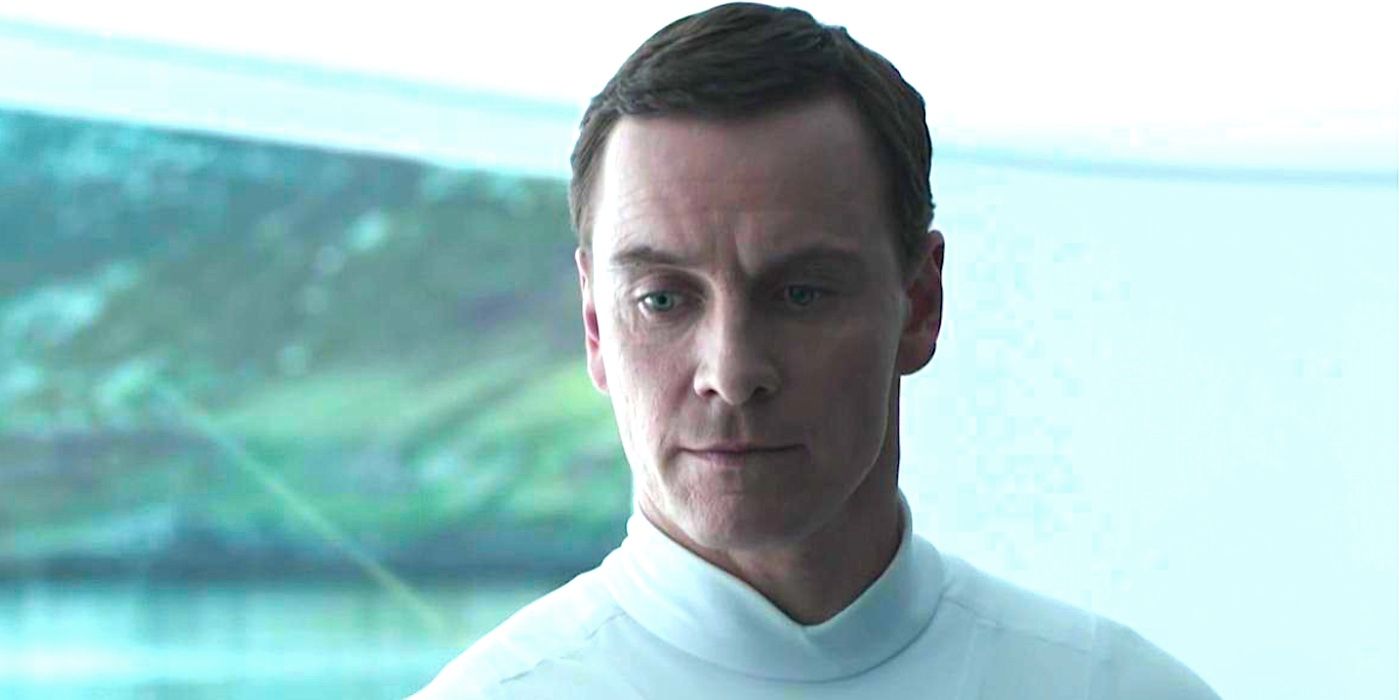
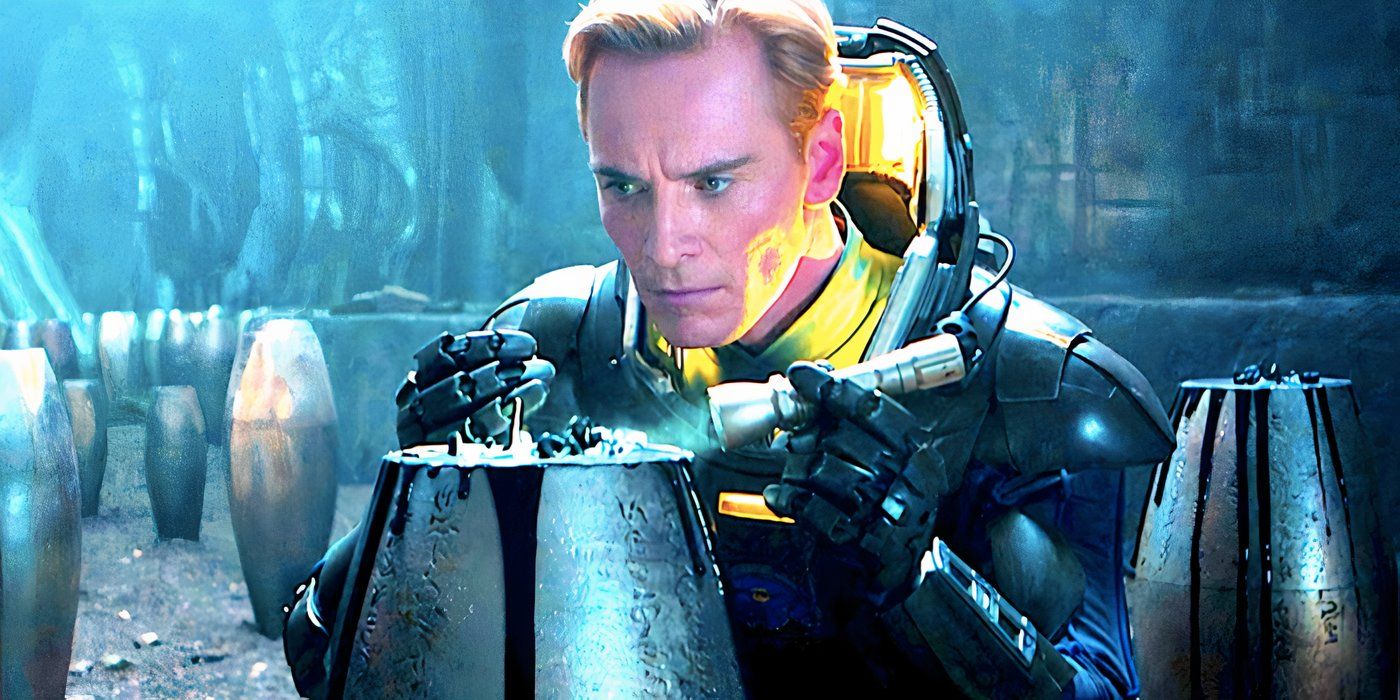
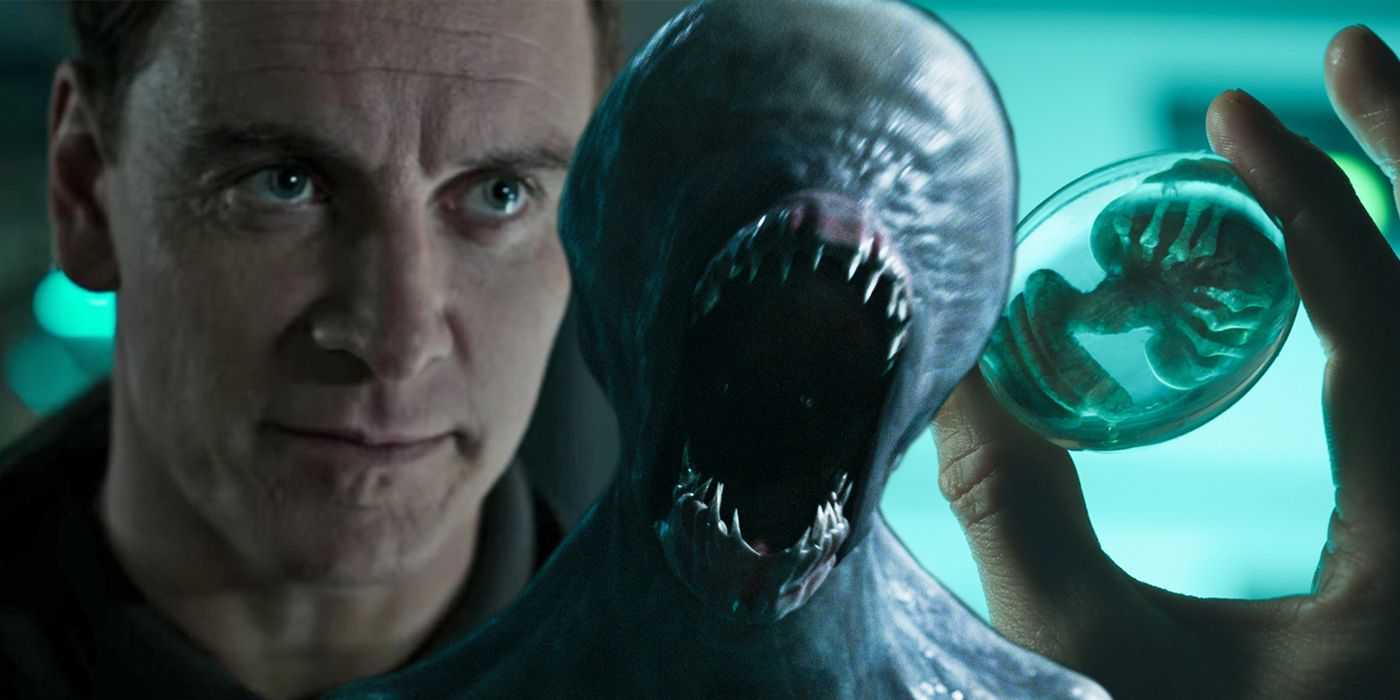







2012’s Alien prequel Prometheus is set years before the original movie, but the technology featured in its story looks much sleeker and more advanced than that of Alien. Theoretically, Prometheus’ tech should be more primitive than Alien’s sci-fi gadgetry but, on the contrary, the opposite is true. Prometheus features more advanced technology than Alien despite its earlier setting, but the prequel does have a plausible excuse for this apparent oversight. While the characters of Prometheus utilize state-of-the-art technology, Alien’s working-class stiffs are saddled with subpar equipment. Thus, Ridley Scott’s Alien prequels feature better funding for tech.
It makes sense for Peter Weyland to spare no expense when constructing the titular Prometheus.
Prometheus’s story follows Peter Weyland, the billionaire Weyland Corporation CEO, as he funds an expedition to a distant planet’s moon in the hopes of uncovering the secret to life. As such, it makes sense for Peter Weyland to spare no expense when constructing the titular vessel. The ship Prometheus is a monument to Weyland’s hubris, whereas earlier movies in the Alien series were set on ordinary ships used by space truckers and Marines. Weyland’s character is reflected in the Prometheus, an incredibly expensive folly that looks beautiful but isn’t able to handle an encounter with the Engineers and Xenomorphs.
Alien’s Characters Explain The Gaps In Technology
Alien’s Nostromo Isn’t An Expensive Experimental Craft

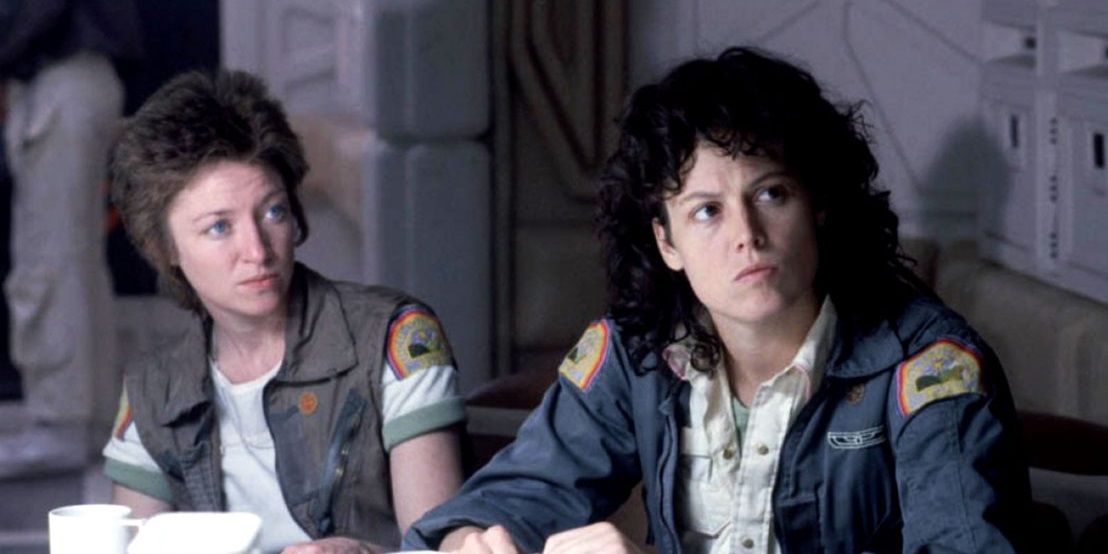


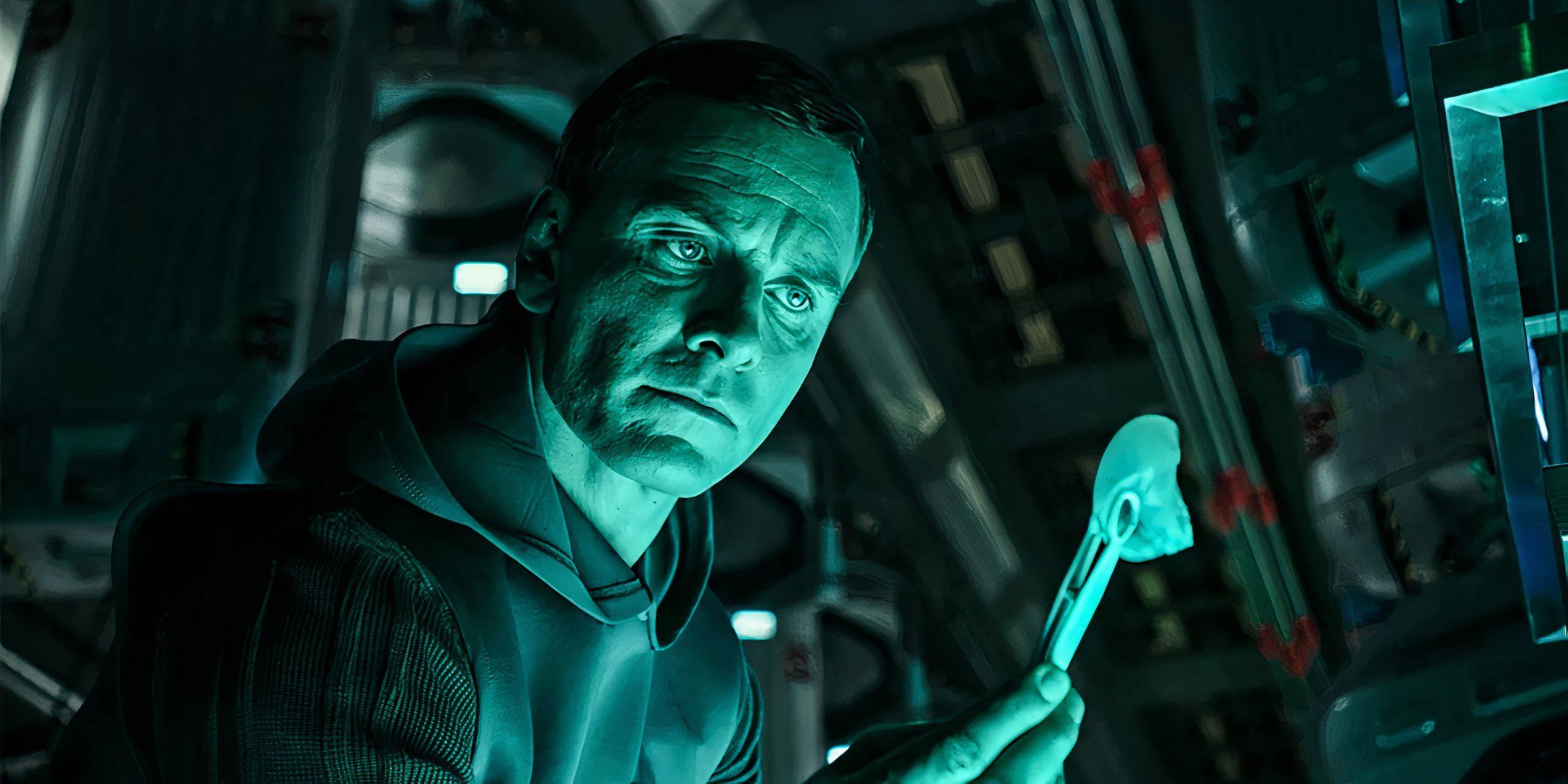





The crews of Prometheus are part of one of the earliest landmark space exploration missions Weyland has funded. As such, the movie’s protagonists enjoy lavish living quarters and state-of-the-art equipment. In contrast, by the time the Nostromo was in space years later, Alien‘s crew were a bunch of blue-collar workers using a ship and tech that had been around for a long time. Space travel was normalized by the time Alien: Romulus and Alien take place, with ordinary characters driving ships that are well past their prime all around the galaxy.
Prometheus is an expensive experimental spacecraft from the early years of intergalactic space travel, whereas the Nostromo is a mass-produced commercial vehicle with no unnecessary comforts. The fact that both Aliens and Alien: Romulus utilize the same clunky, retro-futuristic technology reaffirms this reality. The Prometheus was a small, ultimately doomed vanity project, so its billionaire creator outfitted the ship with all manner of fancy technology and ensured it was sleek and ultra-modern. Alien’s ship is a pointedly unglamorous workplace that is designed with efficiency in mind rather than comfort or aesthetic appeal.
What Ridley Scott Has Said About The Alien Franchise’s Use Of Technology
Scott Admitted That The Technology Gap Required Suspension Of Disbelief

Of course, there is another, even simpler answer to explain the technology gap between Prometheus and Alien. Namely, viewers could always recall that the two movies are fictional and therefore suspend their disbelief for a moment. This is the angle that Alien’s prequel director Ridley Scott went with when asked about the issue by the BBC in 2012. Promoting Prometheus, Scott was asked to account for the difference in technology between the original movie and its prequel. Per Scott, “We’re so far in deep space that the idea of us getting out there you kind of sidestep that real question.”
Scott has a good point, since both Alien and Prometheus take place well into the future and light-years away from Earth. There are countless social, cultural, and material factors that could result in the world of the Alien movies changing its approach to technology between Prometheus and Alien. Most of these go unexplored onscreen, since the franchise is mostly concerned with the Xenomorph and its human victims. The upcoming Alien TV show Alien: Earth might address these questions but, until then, Alien’s prequel Prometheus has two reasonable explanations for its inconsistent technology.


